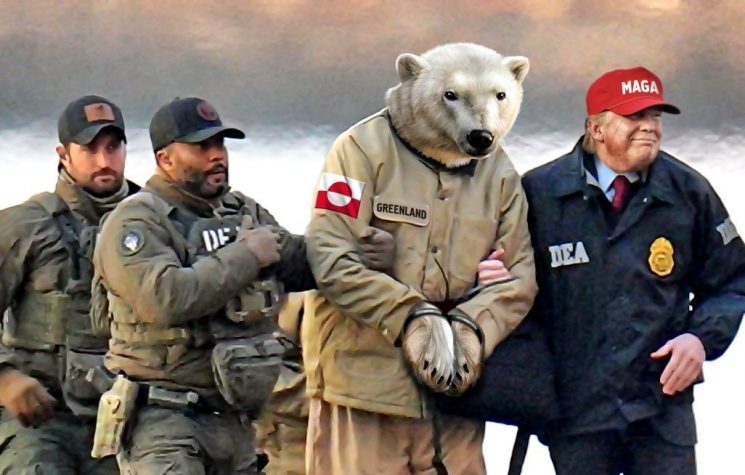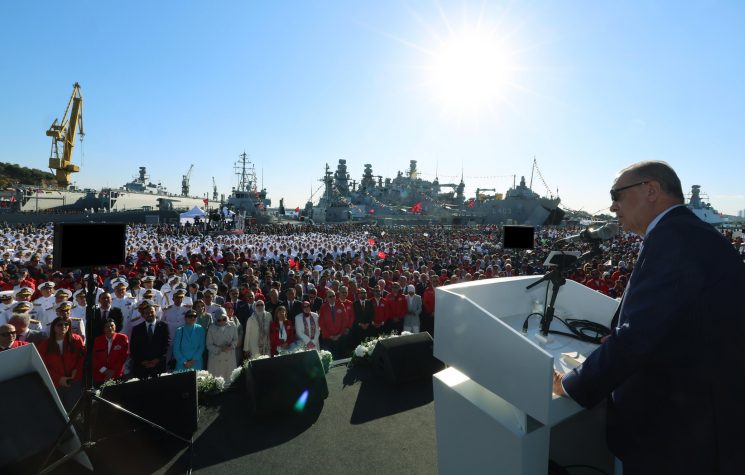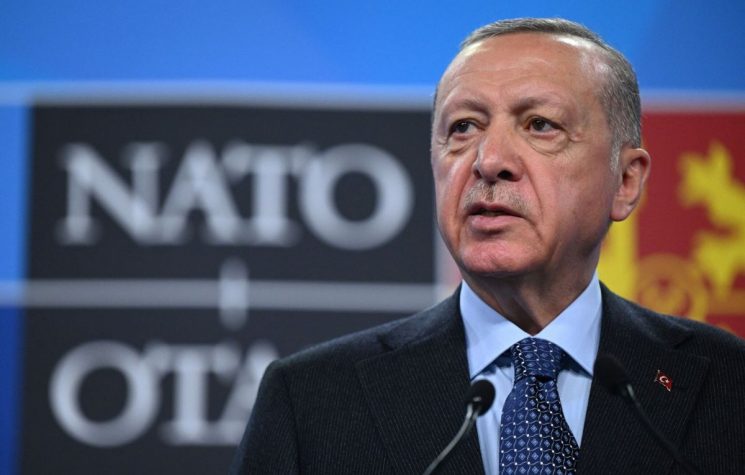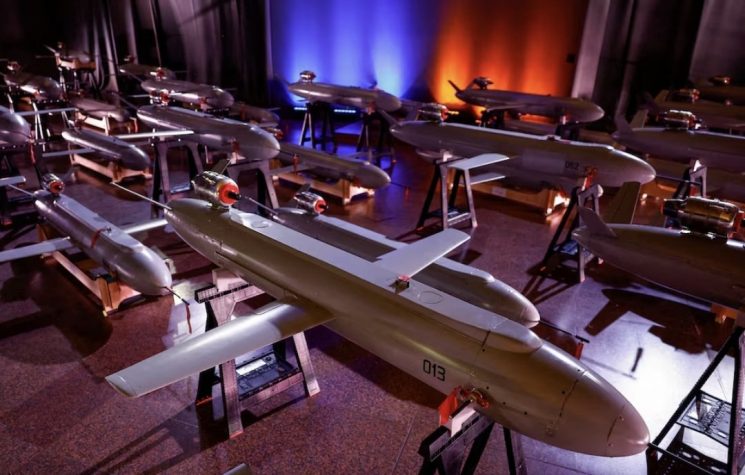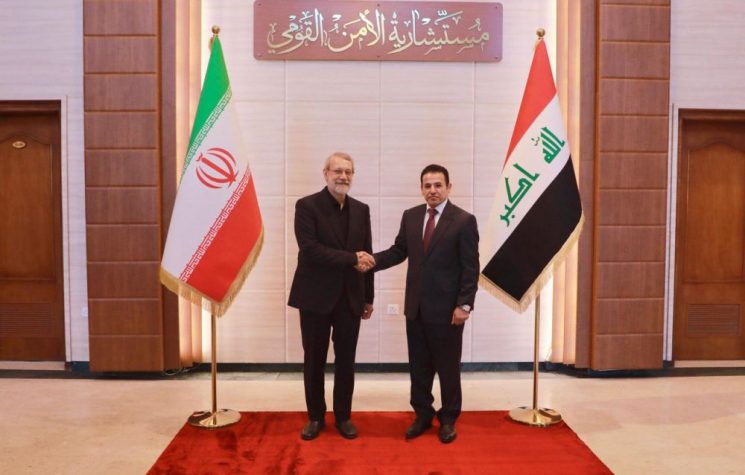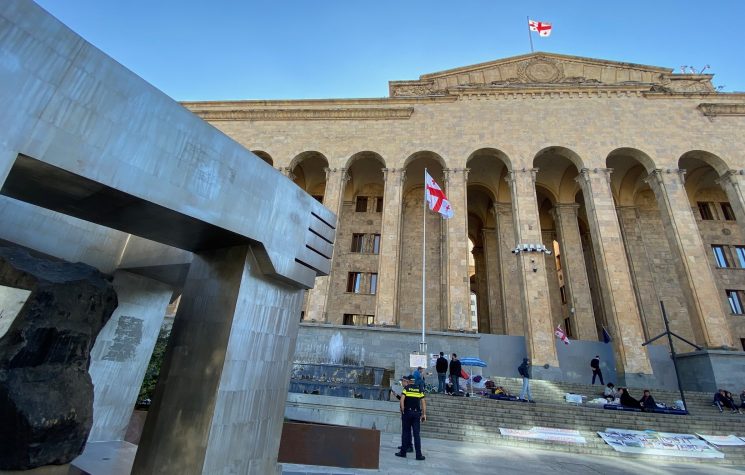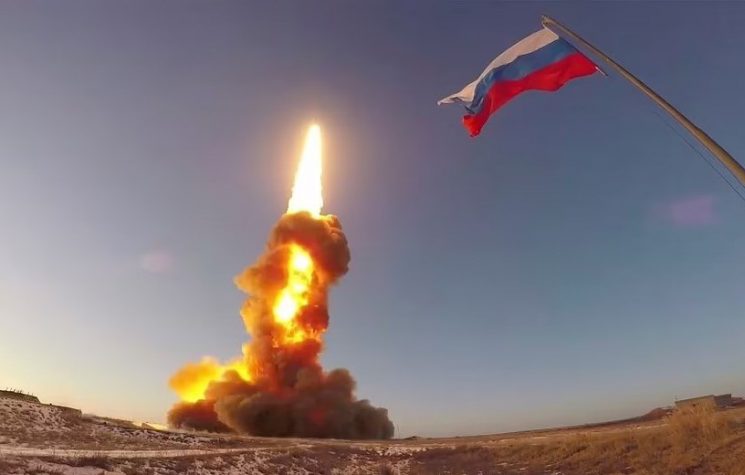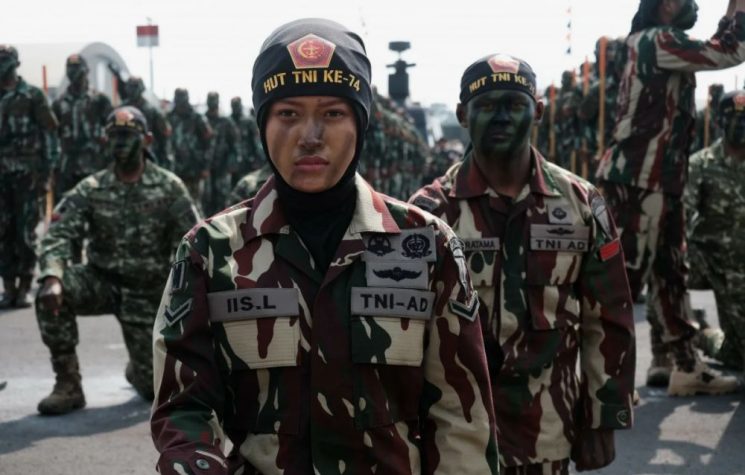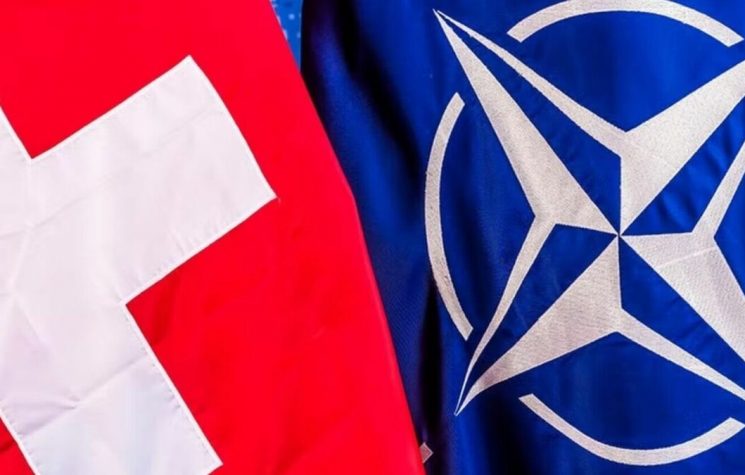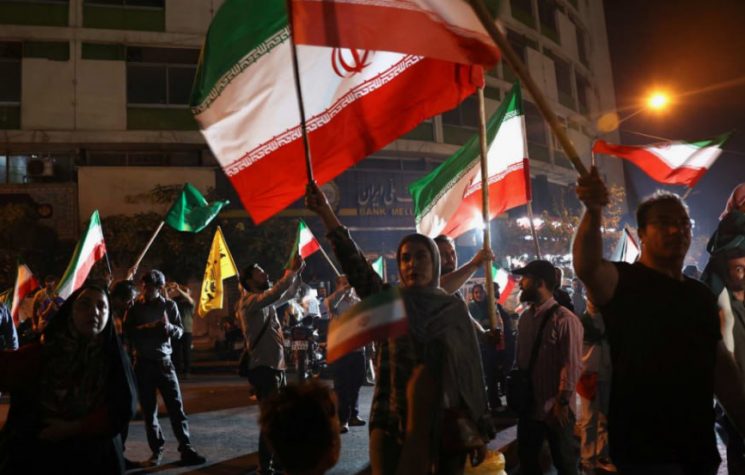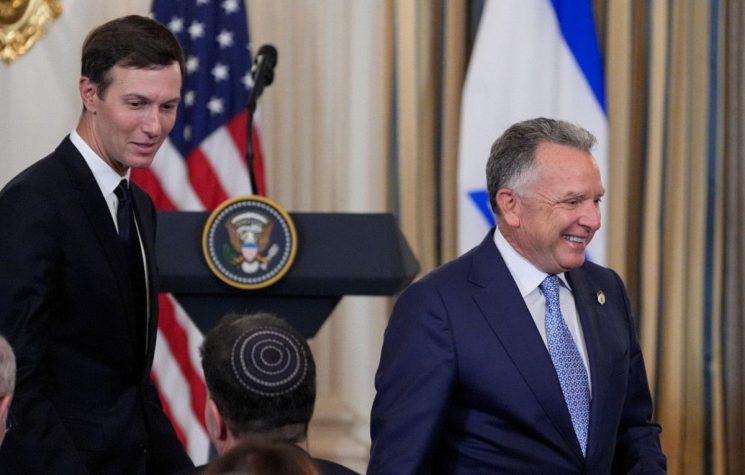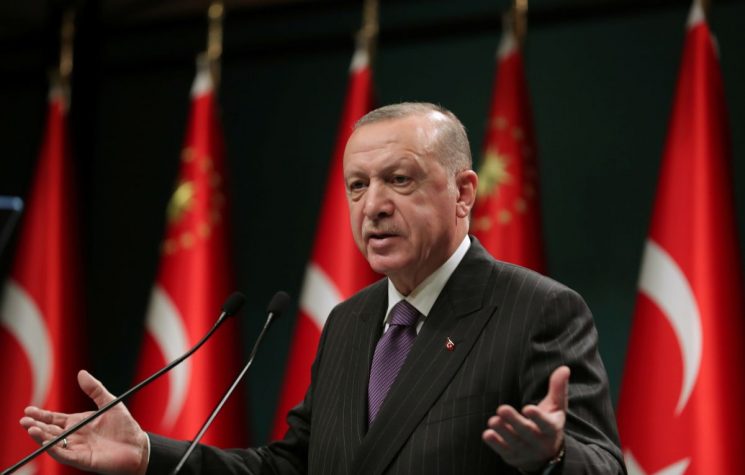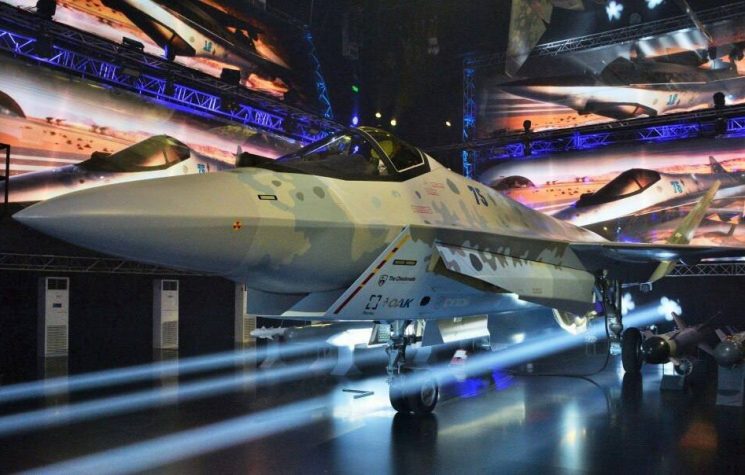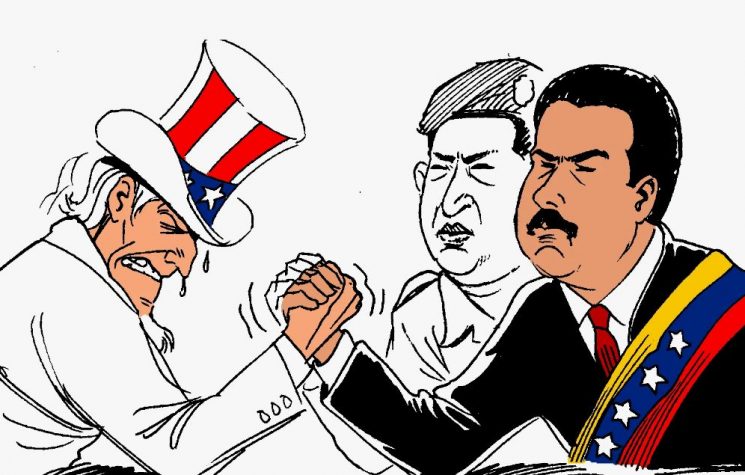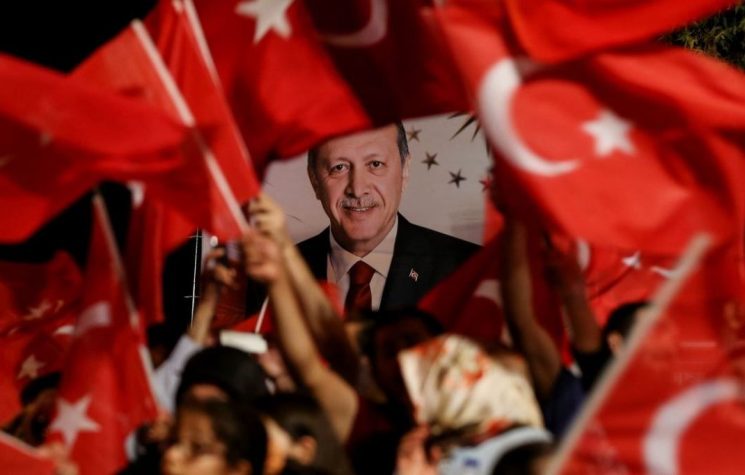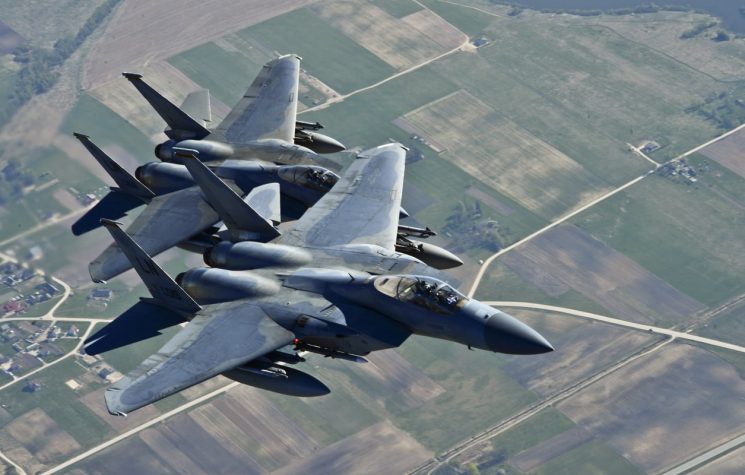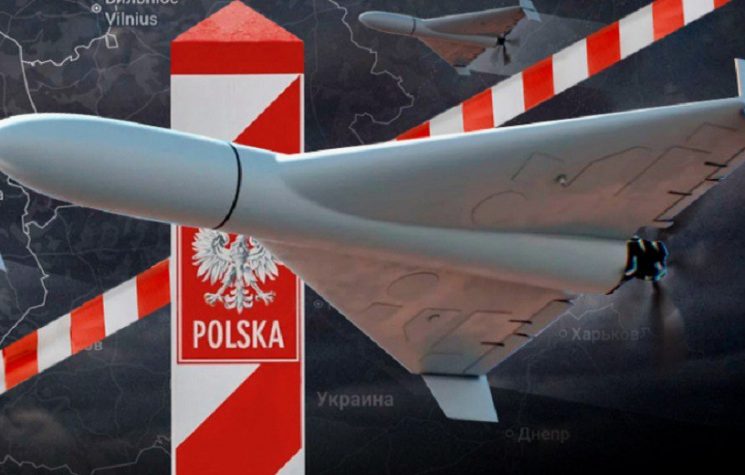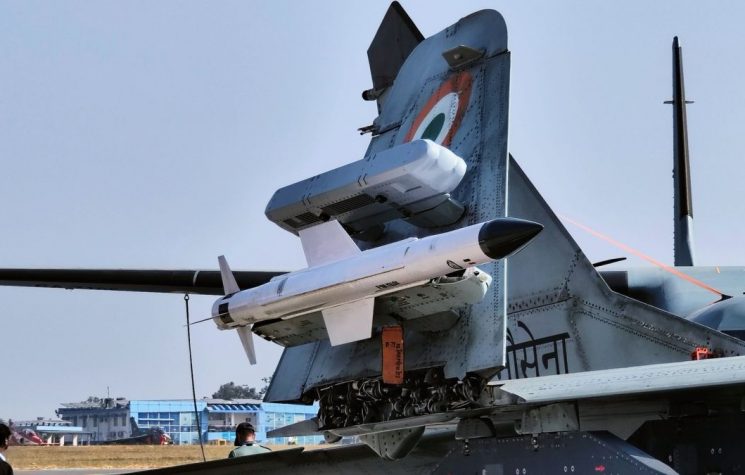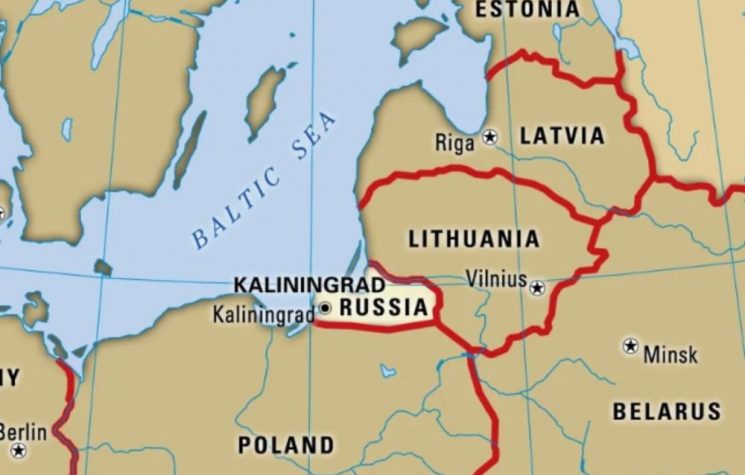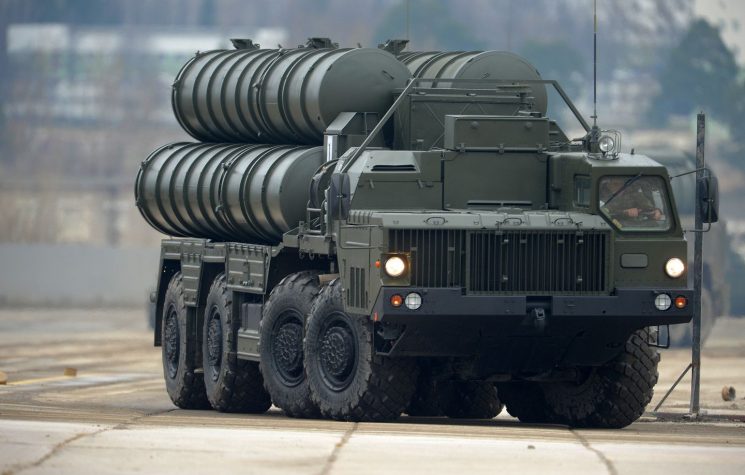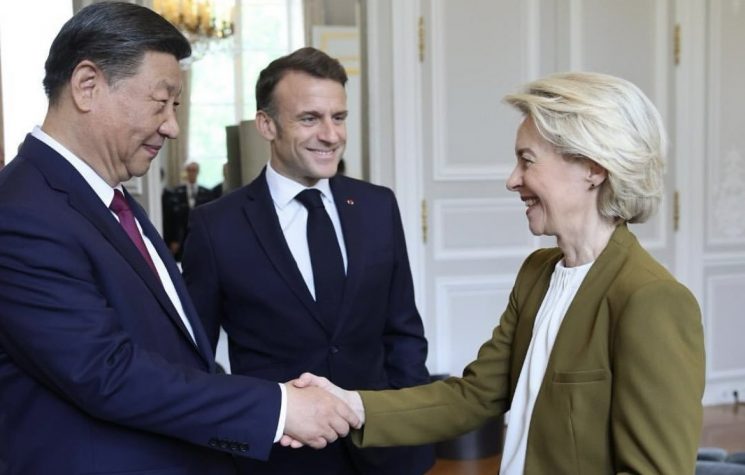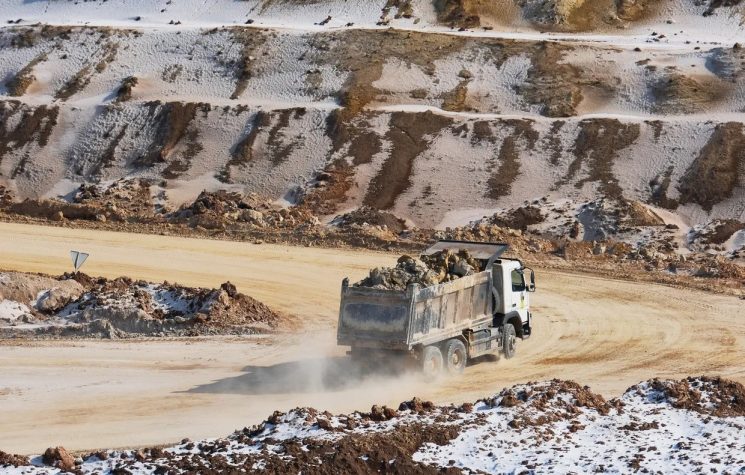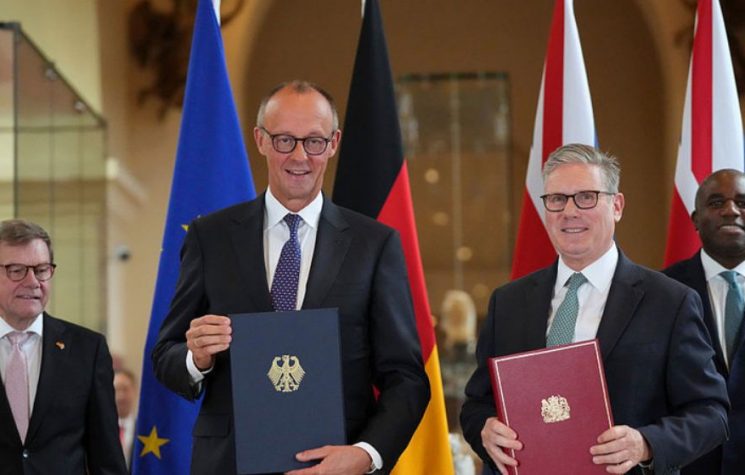For countries that determine their national security, regional position, politics, and economy according to the interests of an imperialist power, the occupation has already begun.
Join us on Telegram![]() , Twitter
, Twitter![]() , and VK
, and VK![]() .
.
Contact us: info@strategic-culture.su
The American paratroopers who landed in Kayseri are, of course, not coming to “invade” Turkey; their aim is to prepare alongside the Turkish army against Russia. However, this exercise carries much greater significance than a routine airborne operation. For countries that determine their national security, regional position, politics, and economy according to the interests of an imperialist power, the occupation has already begun.
A few days ago, the Ministry of National Defense (MSB) shared a press release on its website.
This announcement, which received little attention in the Turkish press, informs us that American troops under the U.S. military will parachute into Kayseri between July 21-23. Moreover, ‘hand in hand’ with Turkish soldiers…
We are talking about the Agile Spirit-2025 exercise.
The brief announcement shared by the Ministry of Defense reads as follows:
- Agile Spirit-2025 Exercise, coordinated by the United States Army Europe and Africa (USAREUR-AF),
- a) The Airborne Phase will take place in Turkey, hosted by Turkey, with participation from Turkish and American paratroopers, between July 21-23, 2025, at the Martyr Lieutenant Hasan BAK Parachute Drop Zone in Kayseri.
- b) The Live Field and Computer-Assisted Command Post (BDKY) Phase will take place in Georgia, hosted by Georgia, with participation from the U.S., Germany, Bulgaria, Armenia, Georgia, Moldova, Poland, Romania, Slovakia, and Turkey, between July 25 and August 6, 2025, in Tbilisi.
- The aim of the exercise is to enhance training, cooperation, interoperability among the land forces of the participating countries in a joint and combined operation, and to contribute to stability in the Black Sea region.
The exercise, which could be translated into Turkish as “Çevik Ruh” (Agile Spirit), is technically not a NATO exercise. Agile Spirit is a multinational military exercise series organized under the “NATO partnership framework” and led by the United States.
The “magical phrase” here is partnership framework. This is a formula designed to answer NATO’s question, “How can I militarize even non-members?”—NATO being an organization that has continued to expand since its founding, even though the so-called reason for its existence—the Soviet threat—has long disappeared.
In this scenario, the non-member “partner” is Georgia.
What is the Agile Spirit exercise?
This year’s Agile Spirit is not the first; it’s the twelfth in the series. The first exercise was a small-scale event held between the U.S. and Georgia. By 2015, it had expanded to include NATO members like Turkey. In 2018, the number of participating countries reached 13. By 2021, it had increased to 15, and in 2023, the number hit a record level.
The main theme of the exercises has been “solidarity” on NATO’s eastern flank. While decorated with phrases like “operational readiness” and “regional security and stability,” these exercises clearly have one purpose: to strengthen military capabilities against Russia in the South Caucasus–Black Sea corridor.
Approximately 2,800 soldiers from the host countries Turkey and Georgia, as well as the U.S., Poland, Germany, Italy, Greece, Moldova, Romania, Bulgaria, Slovakia, Lithuania, and Ukraine will participate in the exercise. Armenia and Japan will attend as observers.
The opening will take place on July 21 in Adana, Turkey, with a joint U.S.-Turkey airborne operation. Main training areas in Georgia will include Krtsanisi, Vaziani, Norio, Mukhrovani, and Senaki. Armored vehicles and aircraft including UH-60 Black Hawk and AS332 Puma helicopters will be involved.
United States Army Europe and Africa (USAREUR-AF)
According to the MSB’s statement, the exercise will be coordinated by the United States Army Europe and Africa (USAREUR-AF).
USAREUR-AF is one of the command structures that the U.S. has actively used since the Cold War.
The 1990-91 Gulf War, the 2003 Iraq invasion, the Kosovo War, and the occupation of Afghanistan—these imperialist aggressions were planned and executed under the coordination of USAREUR-AF.
Formed through the merger of the U.S. Africa Command and the U.S. European Command, this body was originally the central ground force formation positioned against the Warsaw Pact during the Cold War.
Although it was said to be “downsized” after the collapse of the Soviet Union, it came back to the fore with the Russia–Ukraine war. The headquarters of this command is located in Wiesbaden, Germany.
Moreover, just as Agile Spirit is not an “official NATO exercise,” the U.S. military presence based in the heart of Europe has no formal connection to NATO.
USAREUR-AF is a command structure directly tied to the U.S. Department of Defense (DoD). Its authority to mobilize NATO members and “partners” through various exercises stems from “coordination,” which is essentially the hegemonic role the U.S. plays within NATO.
In other words, this command is an armed threat instrument through which U.S. imperialism systematically limits the military sovereignty of European nations using NATO, and aligns “NATO’s eastern flank” with Washington’s geopolitical interests.
While the “EUR” in USAREUR-AF aims to control Europe via the Soviet—now Russian—“threat,” the “AF” refers to an effort to take over France’s colonial legacy in Africa. This command plays a central role in the Pentagon’s long-standing strategy—alongside AFRICOM—of training local governments in Africa under the pretext of “counterterrorism” and “military assistance.”
Why is Turkey participating in this exercise?
Turkey’s presence in NATO has always been a highly debated issue. If we evaluate this alliance through its hierarchical structure, it becomes clear that it is a war machine that carries death across the globe—and most importantly, that it is under the direct control of the United States.
These concrete facts, while irrefutable, are often brushed aside in political discourse. So let’s briefly recall the arguments of those who defend Turkey’s presence in NATO, “one way or another”:
That Turkey is one of the strongest members of the alliance, that NATO provides solidarity in the fight against terrorism, that it offers Turkey a “protective shield,” even that it protects Turkey from the U.S. itself…
The common theme of these arguments is that NATO membership is part of a rules-based, institutional, and legal alliance.
But in practice, the reality on the ground is that soldiers of a U.S. military entity that is not even formally bound by NATO rules, committees, or laws are parachuting into our territory. And this is happening even though NATO has its own distinct command structures responsible for land forces in Europe—such as NATO Allied Land Command (LANDCOM), based in Şirinyer, İzmir.
Likewise, while the government and its supporters describe Turkey as a “new player” in the region, the reality on the ground is that our country is becoming integrated into the operational activities of the U.S. Army in Europe and Africa.
The emphasis in this recent exercise on “Black Sea security” is also crucial. Our country—an active stakeholder in the Black Sea with nearly 5,000 kilometers of coastline—is being positioned in accordance with the interests of the United States, which lies thousands of kilometers away. And it does so based on its own “laws.” One cannot help but ask: How legitimate are such laws?
Moreover, the Turkish public is not even informed about how, at what level, or for what purpose the government engages in such military collaborations. And there’s no need to inform them, since these partnerships are largely exempt from parliamentary oversight.
“Ally,” “coordination,” “interoperability,” “security”… All these terms serve to soften the real nature of Turkey’s role as a NATO member and “U.S. ally”: a proxy force.
The American paratroopers who will land in Kayseri in a few days are, of course, not coming to “invade” Turkey; their aim is to prepare alongside the Turkish army against Russia. However, this exercise carries much greater significance than a routine airborne operation. For countries that determine their national security, regional position, politics, and economy according to the interests of an imperialist power, the occupation has already begun.












